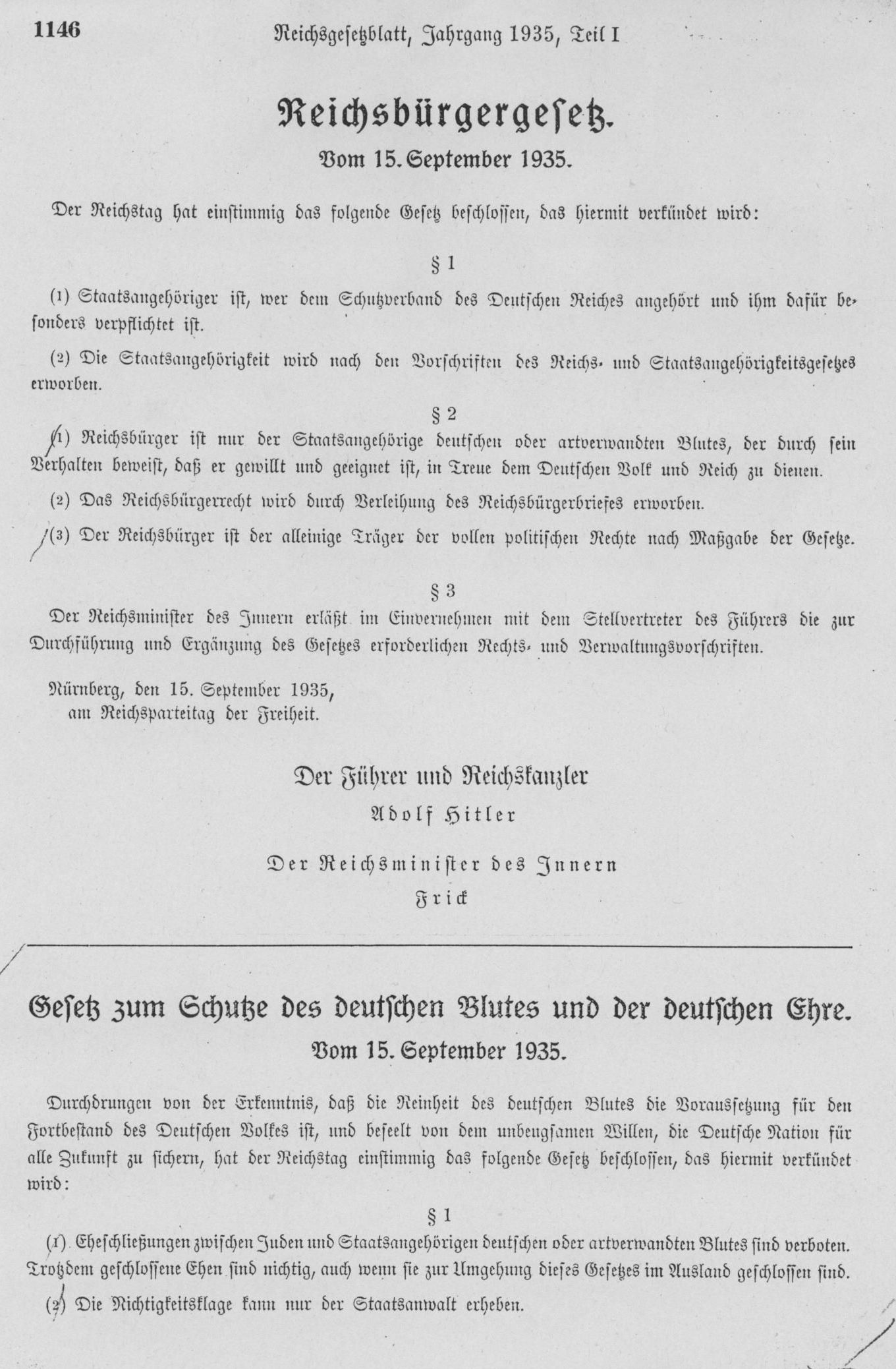This post is also available in: Français Español العربية فارسی Русский Türkçe
Were the German perpetrators of Kristallnacht appropriately punished?
In order to exonerate Hitler and the Nazi regime, Holocaust deniers claim:
The German perpetrators who committed arson, murder, assault, and looting during the Kristallnacht pogrom were appropriately punished in courts of criminal law. This proves that the Nazi regime didn’t instigate or approve of the pogrom.
For example, Holocaust denier David Irving claims that Rudolf Hess, the head of the Nazi party and a member of Hitler’s inner circle, “ordered the Gestapo and the party’s court to delve into the origins of the night’s violence and turn the culprits over to the public prosecutors.”[1]
The facts are:
The evidence shows that the German perpetrators were not punished harshly—or even at all—after Kristallnacht. The vast majority of offenders were not prosecuted in any way. Only the cases of two men were sent to the criminal court system, both for the crime of ‘race mixing.’ The evidence shows that all other crimes—up to and including the murder of Jews—were forgiven or ignored.
“Justice” and German perpetrators after Kristallnacht:
On November 10, 1938, the Ministry of Justice instructed its officials that crimes involving “material damage to synagogues, cemetery halls and graveyards through fire, blowing up etc.” as well as “damage to Jewish shops” would not be prosecuted.[2] Only cases of murder, grievous bodily harm, and the destruction of Jewish homes committed out of “personal and base motives” would be considered.[3] The investigation of this small number of crimes was to be conducted in Nazi courts.[4] In 14 cases—including the brutal murder of 21 Jews—Hitler personally halted the proceedings. The worst punishment these murderers received was an official warning and a ban from any Nazi party office for three years. The great majority of offenders received milder punishments, or none at all.[5] In fact, only two cases were prosecuted in the criminal courts. Both of these cases involved the rape of Jewish women. These men had committed a crime according to Nazi German law. That crime was not rape, but ‘racial defilement’ (Rassenschande)—that is, they had compromised the Nazis’ ideal of racial purity.
Conclusion:
Contrary to the claims of Holocaust deniers, it is not true that the Nazi government punished German perpetrators for crimes committed during Kristallnacht. The vast majority of offenders were not prosecuted at all. Only two men appeared before the criminal court system, both for the crime of ‘racial defilement.’ The evidence shows that all other crimes—up to and including the murder of Jews—were forgiven or ignored by the Nazi government.
Reichsgesetzblatt (RGBl) I 1935, S. 1146 (part one of two), [Public domain], via Wikimedia Commons
NOTES
[1] David Irving, Goebbels: Mastermind of the Third Reich (Focal Point, 1996), p. 501. This entire book can be downloaded in PDF at http://www.fpp.co.uk/books/Goebbels/.
[2] Richard J. Evans, David Irving, Hitler and Holocaust Denial, Section (4)(4.3)(c)(iii)(E)(2) at www.hdot.org.
[3] Richard J. Evans, David Irving, Hitler and Holocaust Denial, Section (4)(4.3)(c)(iii)(E)(1).
[4] Richard J. Evans, David Irving, Hitler and Holocaust Denial, Section (4)(4.3)(c)(iii)(E)(2).
[5] Richard J. Evans, David Irving, Hitler and Holocaust Denial, Section (4)(4.3)(c)(iii)(E)(3).


![Damage done to Karlsruhe synagogue during Kristallnacht. See page for author [Public domain]](https://www.hdot.org/wp-content/uploads/2016/07/wiki_KarlsruheSynagogue_KN6.jpg)
